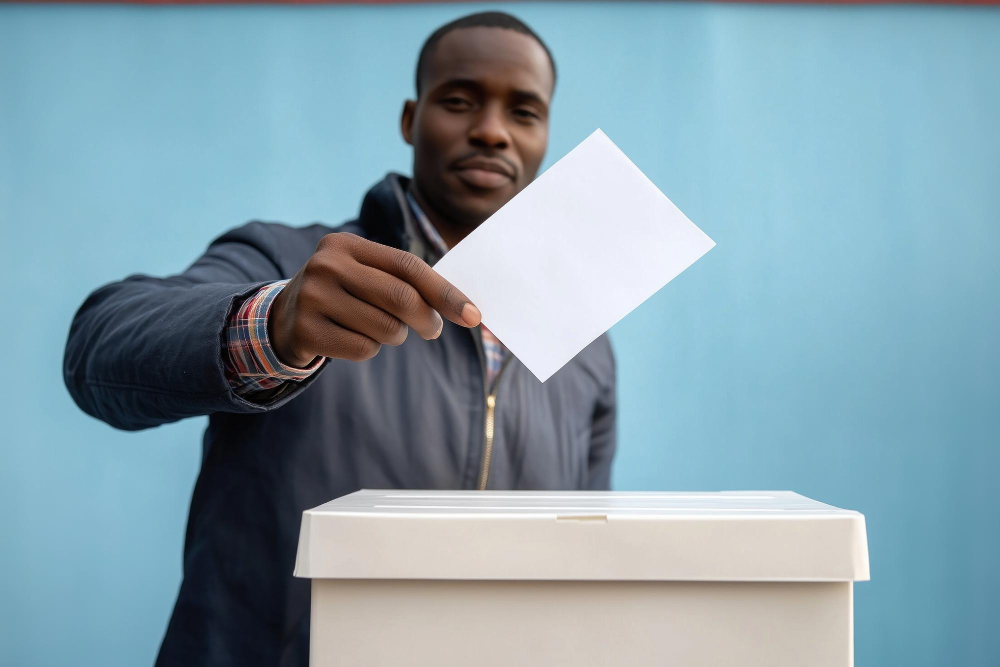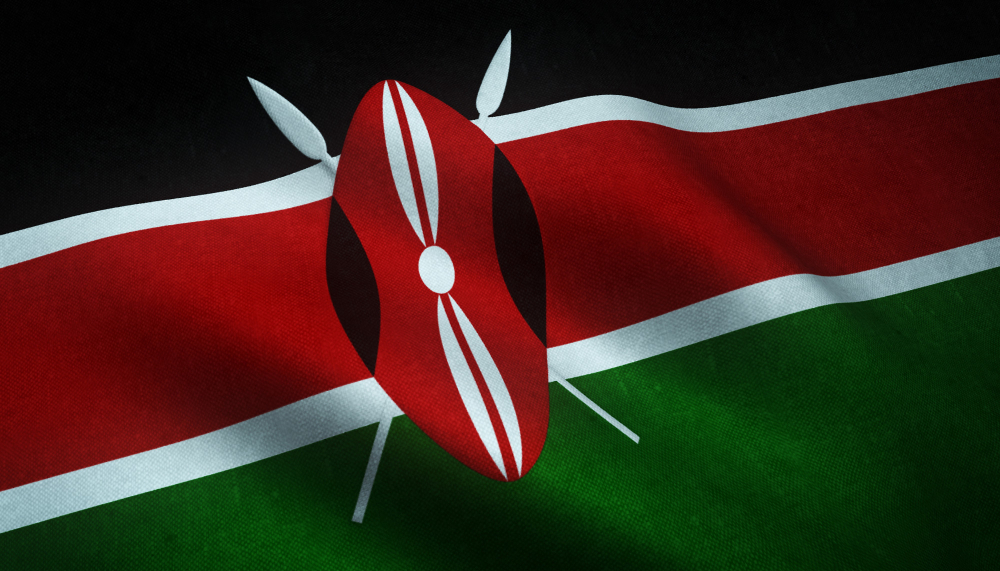Across Africa, elections are increasingly becoming high-stakes affairs — not only for politicians but for the credibility of democracy itself. While many African countries have adopted electoral technologies to improve transparency and efficiency, the reality on the ground shows that technology alone cannot solve deep-rooted issues of electoral fraud, corruption, and bad governance.
From Kenya to Nigeria, Zimbabwe to the Democratic Republic of Congo (DRC), the promises of digital voting systems, biometric registration, and electronic results transmission have been repeatedly undermined by political interference, weak institutions, and systemic corruption. Technology, in many cases, has become another battleground rather than a solution.
🗳️ A Continent’s History of Disputed Elections
Many African elections have been characterized by disputes, violence, or rejection of results. In Kenya, the 2007 post-election violence left over 1,000 people dead. In Nigeria, voter suppression and malfunctioning electronic devices marred the 2023 general elections. In the DRC, delayed voting technology and opaque result declarations sparked international criticism.
These cases underscore a harsh truth: technology cannot replace political will and institutional integrity.
🔧 What Electoral Technology Has Been Used in Africa?
- Biometric Voter Registration (BVR): Helps eliminate duplicate registrations and impersonation.
- Electronic Voter Identification (EVID): Used on election day to authenticate voters.
- Results Transmission Systems (RTS): Designed to digitally transmit tallies from polling stations.
- Electronic Voting Machines (EVMs): Used in countries like Namibia and DRC to cast votes electronically.
These tools, if implemented correctly and transparently, can reduce manipulation. But their effectiveness is frequently compromised by poor oversight and manipulation by those in power.
🇰🇪 Case Study: Kenya
Kenya’s electoral commission, the IEBC, has invested in biometric registration and electronic transmission systems since 2013. Yet elections have been repeatedly challenged in courts and the public arena.
The 2017 election was nullified by the Supreme Court due to “irregularities and illegalities” in the electronic results transmission. In 2022, parts of the IEBC leadership openly disagreed on the outcome, once again raising concerns about the integrity of technology systems and the people managing them.
🇳🇬 Case Study: Nigeria
Nigeria’s 2023 general elections were meant to be a technological leap forward with the BVAS (Bimodal Voter Accreditation System) and IReV (online results portal). However, delayed result uploads, technical failures, and a lack of transparency undermined public trust.
Opposition parties and civil society accused INEC of failing to adhere to its own rules, proving that digital tools are only as good as the institutions behind them.
🚫 Why Technology Often Fails in Africa
- Political Interference: Powerful elites manipulate technology vendors, sabotage systems, or override digital tallies.
- Lack of Transparency: Many countries use proprietary or closed systems, with little access for independent auditing.
- Poor Infrastructure: Rural and marginalized areas suffer from weak internet, power outages, and technical illiteracy.
- Weak Legal Frameworks: Many countries lack laws governing data protection, digital voting, or electoral tech standards.
- Corruption in Procurement: Tech contracts are often inflated or awarded to politically connected firms with little accountability.
✅ Where Technology Has Worked
- Estonia: A global benchmark for online voting, Estonia’s i-Voting platform is secure, independently auditable, and trusted by the public.
- Brazil: Uses electronic voting machines in every election. Results are announced within hours, and confidence remains high due to strict oversight and decades of consistent use.
- India: Despite its size, India’s EVMs have been successfully deployed for years, thanks to an independent election commission and nationwide voter education.
In each of these countries, the success of technology is supported by strong institutions, civic education, and independent oversight bodies.
🛠️ What Must Change in Africa
To ensure technology serves democracy — and not undermines it — African countries must:
- Ensure Independent Electoral Bodies: Free from executive or partisan control, with legal protection and funding.
- Implement Transparent and Open Tech Systems: Use open-source platforms that allow independent audits.
- Educate Voters: Massive civic education campaigns must explain how tech systems work and how to detect fraud.
- Strengthen Legal Frameworks: Clear laws must exist to govern the use of tech, protect voter data, and punish fraud.
- Include Civil Society: Electoral tech rollouts should involve journalists, activists, and IT professionals for accountability.
💡 Final Thoughts
Technology is a powerful tool — but it is not a substitute for justice, transparency, or democracy. In Africa, the challenge is not whether to use technology, but how to build trustworthy systems around it. Without political will, an empowered electorate, and independent oversight, even the most advanced systems will be compromised.
The future of African democracy will not be determined by machines alone, but by the values and institutions that guide how those machines are used.
Tags: African Elections, Kenya, Nigeria, Electoral Technology, Democracy, Governance, Voter Fraud, Digital Voting, Electoral Reform
Categories: Governance, Politics, Technology, Democracy in Africa




